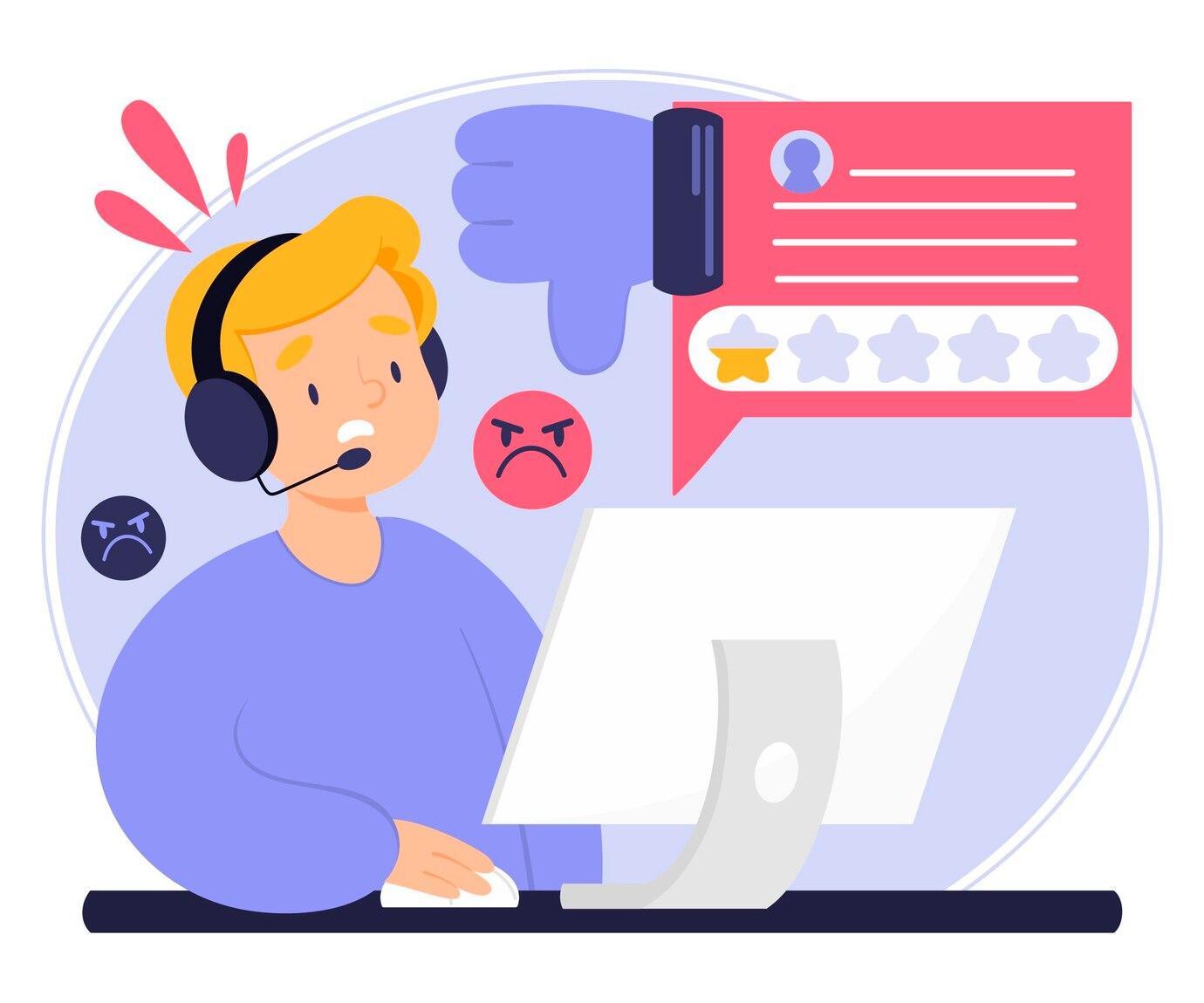In recent years, the world has faced an unprecedented growth of online services. During the global COVID-19 pandemic, many professionals offered their services via the internet. This opened up new opportunities but also led to the emergence of fraudsters posing as consultants in various fields. From fake lawyers to bogus medical advisors – they target unsuspecting clients.
Before the internet, people used traditional methods to find specialists: recommendations from acquaintances, client reviews, and personal meetings. However, in the digital world, everything has changed. Now potential clients simply enter a query into a search engine, and thousands of results are ready to offer their services. But how can you tell if a consultant is a real professional or a fake?
Remote Service Scams
Besides general fraud, there are many specific scam schemes. For example, remote services such as psychology, finance, or medicine become particularly vulnerable to fraud.
Psychological consultations. Many have started considering online psychological consultations as an alternative to traditional methods. However, you can also encounter fraudsters here. Fake psychotherapists claim to have certificates and diplomas that they do not possess. They may recommend unsafe methods that can harm the client's mental state. It is important to verify a consultant's licenses and experience before trusting them with your problems.
Fake lawyers on the internet. With the advent of online consultations in the legal services market, fake lawyers have also emerged. They may offer assistance in various legal matters, from family issues to financial disputes, but they act illegally. These fraudsters may post ads on freelance websites or social networks, offering their services at a reduced price. They often ask for advance payment for supposedly completed services and then disappear without a trace. Some may even draft fake documents and give recommendations that mislead the client and worsen their problem.

Financial Consultation Fraud
Fraudsters often use deception in the financial field. Financial consultants on the internet may promise incredible returns, but in reality, they are only interested in getting money from clients.
Financial fraudsters often use pyramid schemes or similar ones, deceiving clients to obtain their savings. They may offer investment opportunities that seem too good to be true. Understanding the basics of financial literacy and working with licensed professionals can help avoid fraud.
Online Medical Advice Scams
The internet also becomes a platform for medical fraud. With the emergence of online medical consultations, fraudsters started posing as doctors, offering unreliable advice and fake prescriptions.
Fake medical consultants may boast numerous certificates and experience, but their level of competence often remains questionable. Since medical fraud can have serious consequences, one must be especially cautious. Use verified platforms and consult only with licensed doctors.

How to Identify a Fake Expert?
Identifying a fake consultant is not always easy. However, there are a few key signs to look out for.
Checking qualifications. The first thing to do is to verify the consultant's licenses and diplomas. Most professional organizations have websites where you can learn about the qualifications of their members. Do not hesitate to ask the specialist about their education and experience.
Reviews and recommendations. Client reviews can give insight into the expert's service quality. However, one must be cautious: fake consultants may post fake reviews. Look for independent sources, such as specialized review sites, to get a fair assessment of quality.
Transparency of prices. Clarity in pricing policy is extremely important. If a consultant requires an advance payment or offers their services significantly cheaper than the market, it may be a sign of fraud. Real professionals always clearly explain what you are paying for.

Fake Coaches and Mentors, Consulting Scammers.
With the growing popularity of coaching and mentoring in recent years, the number of fake coaches and mentors has increased. They may promise to improve life metrics in a short time and for a lot of money, but in reality, they often turn out to be fraudsters.
To avoid being scammed, look for certificates and read reviews. It is also useful to familiarize yourself with their working methods to understand if their approaches meet your expectations. Communicating with previous clients will also help form a complete impression of the specialist.
The consulting field is vast and diverse, and despite the presence of legitimate professionals, there are plenty of fraudsters. They may work in various industries, promising clients impossible results or successful strategies.
To minimize risks, choose a consultant in places where transparency and accessibility of information are present. Check reviews and portfolios. Personally communicate with a potential consultant to assess their level of professionalism and trust.

Conclusion
Fake online consultants and client deception – these are real problems in the modern service world. Rapid changes in the industry, information availability, and lack of knowledge can result in a loss of money and time. Stay persistent and specific in your requirements for experts. Verify their qualifications, reviews, and communicate with them directly. It is important to know any details that can help you avoid falling into the trap of fraudsters. Your time and money matter and deserve the best.
